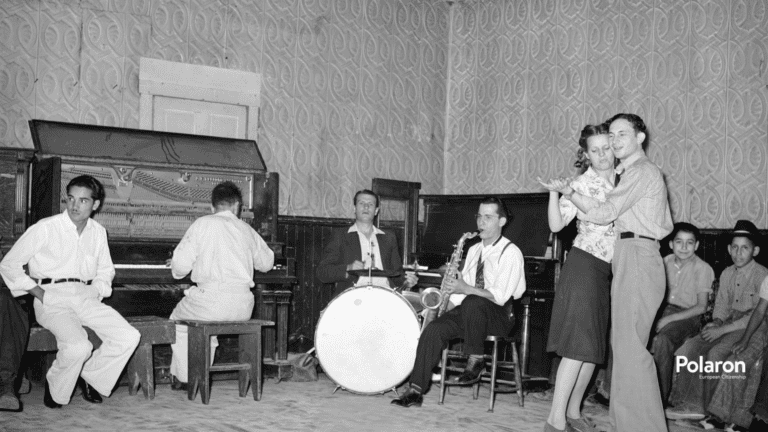Understanding Polish Citizenship Laws between 1920-1951
By Dorota Blachnio


Citizenship is the legal bond between an individual and their state, gained through a number of pathways such as naturalisation or birth. While this definition seems pretty straightforward, laws such as the Polish State Citizenship Act of January 20, 1920, were not as straightforward and involved barriers to gaining citizenship, specifically for women & their children.
Marriage & Polish citizenship laws between 1920-1951.
A male Polish citizen could transfer his Polish citizenship to his children as well as his wife by virtue of that marriage, regardless of what citizenship she held at the time. Being the head of the family, the husband was therefore in charge of everyone’s citizenship.
On the other hand, Polish women marrying a foreigner were unable to transfer Polish citizenship to their husbands in this way. In fact, by marrying a foreign citizen, women could lose their Polish citizenship depending on what citizenship the husband held at the time and if citizenship through marriage was allowed in the country of his citizenship. This became known as ‘silent naturalization’ since this mostly happened unbeknown to women and as such, they lost or acquired their Polish citizenship through marriage without their explicit consent.
According to the same legislation, males of military age were exempt from this rule and did not lose their Polish citizenship as a result of acquiring citizenship elsewhere. This meant that being subject to conscription in Poland protected males from losing their Polish citizenship even if they naturalized in another country.
This was representative of the inequalities for women in Poland at this time and resulted in many Polish descendants losing access to Polish citizenship completely. This was also the case in many other countries in Europe and elsewhere in the world, with citizenship laws being essentially discriminatory towards women.
The Act also stated that if the head of the family (male) lost his Polish citizenship, all his immediate family members (i.e. wife and minor children) also lost their citizenship automatically.
I was born to a Polish mother during this time, why did I not become a Polish citizen at birth?
According to this Act, between 1920 and 1951, children gained Polish citizenship at birth only if their father was born Polish. This meant that during this time, children born to Polish parents did not automatically acquire Polish citizenship unless the father was Polish and the parents were married. If the father died before the child was born or did not recognize the child as his own, the child lost the opportunity to acquire Polish citizenship.
These restrictions also applied the other way. If a Polish woman married a foreigner and on the date of the child’s birth was still considered a Polish citizen (meaning that she has not lost her Polish citizenship as a result of marriage or naturalization), then despite the mother being a Polish citizen, she could not transfer her Polish citizenship to the child.
Due to these laws, if you or your direct female ancestors were born before 19 January 1933 and acquired citizenship of another country before the 19 January 1951 law change, you do not have grounds to apply for confirmation of your Polish citizenship unless they were married to a Polish citizen. In that case, you’d need to rely on the husband’s Polish background and documentation to be able to reclaim your Polish citizenship.
Polish citizenship laws beyond 1962.
In 1962, the Polish state amended these laws, instead taking into account the citizenship of either parent, allowing for the child to acquire Polish citizenship by birth from their mother or father, as long as the birth was registered within one year from the date of birth through the birth registry in the country of birth. If the parents (for any reason, even if beyond their control) did not register the birth of the child within 12 months, the child is assumed not to have acquired Polish citizenship by birth.
Understanding the historical context of citizenship laws in Poland is crucial to determining your eligibility for Polish citizenship. If you believe you are eligible, take our Polish citizenship eligibility test to begin your journey towards reclaiming your Polish citizenship today.
We can assess if you qualify completely free of charge so that you have clarity about your eligibility for Polish citizenship.